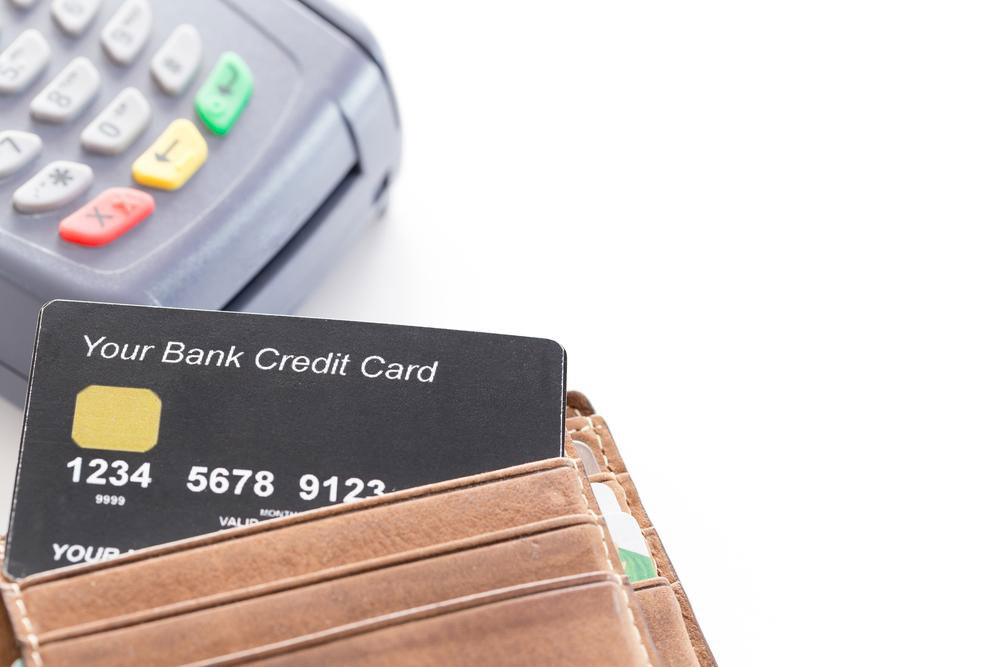Top Strategies for Choosing the Ideal Credit Card
Discover essential tips for choosing the right credit card. Learn about different types, benefits, risks, and key factors to consider, whether building credit or maximizing rewards. Make informed decisions for financial success.

A credit card serves as a handy payment tool that allows users to borrow funds interest-free for purchases, which must be repaid within a specified grace period. Used for everything from daily expenses to luxury trips, each card is connected to a unique account managed by a financial institution. They feature magnetic strips for quick transactions at merchant terminals, enabling smooth digital payments.
Globally, credit cards are the primary method for cashless payments. Failure to pay within the grace period, typically 25-30 days, results in interest charges. Major lenders like Citibank and Bank of America set rates, fees, rewards, and credit limits, with payment networks such as Visa or Mastercard facilitating transactions.
Lenders evaluate various criteria before approval. Depending on financial situations and creditworthiness, cards are generally categorized into secured and unsecured types.
Secured credit cards: These need an initial deposit that sets the credit limit and serves as collateral. Interest applies against this deposit.
Unsecured credit cards: No deposit is required. Borrowers are granted a limit based on their credit history and trustworthiness.
Additional types include:
Travel rewards cards: Partnered with airlines, these earn miles or points on flights, hotels, rental cars, and lounge access—perfect for frequent travelers.
Cashback cards: Offer cashback or points on spending, redeemable for cash or savings.
Retail rewards: Issued by specific stores, these provide discounts or rewards on categories like electronics, groceries, or apparel.
Student or beginner cards: Made for newcomers or students establishing credit history.
Benefits of credit card usage:
Enhanced security with fraud protection features.
Purchase protection services if sellers go out of business.
Rewards such as travel insurance, cashback, or points on spending.
Access to large buying power with flexible repayment plans.
Builds credit history for future loans like mortgages or auto loans.
Potential drawbacks include:
Overspending risks due to ease of transactions.
Late payments incur high interest, affecting rewards and increasing debt.
Effective card selection tips:
Evaluate your repayment capacity; higher rewards may mean higher interest rates.
Compare interest rates, including APRs for purchases, balance transfers, and cash advances.
Review fee structures: annual, transfer, foreign transaction, late, and over-limit fees.
Use the card responsibly with timely payments to maintain good credit and prevent fraud.


